Blessed are the Peacemakers
Force is always only the form love takes against terrible evil in the last resort when nothing else will protect the innocent, restore justice, and bring about the conditions for peace. The old Chestertonian nugget remains: “The true soldier fights not because he hates what is in front of him, but because he loves what is behind him.”
Marc LiVeccheMarch 28, 2018
Reading Augustine
Augustine’s influence runs deep and broad through Western Christian doctrine and ethics. This paper focuses on two particular examples of this influence: his thinking on political order and on just war.
James Turner JohnsonJanuary 3, 2018
Jean Bethke Elshtain: An Augustinian at War
Jean Bethke Elshtain (1941-2013) was an American political theorist, ethicist, and public intellectual who made scholarly contributions to various debates, and especially on the just war tradition.
Lubomir Martin OndrasekAugust 11, 2017
On Christian Vengeance
There may be no prudent responses against North Korea’s regime for Otto Warmbier’s murder. But such a concession to realism over justice does not invalidate the morality of the retributive instinct. It remains. And it remains deeply Christian.
Marc LiVeccheJune 22, 2017
The Moral Underpinnings of Just Retribution: Justice & Charity in Symbiosis
The notion of retribution or punishment has long been the scourge of social science. Christian thinkers should develop the distinction between retribution and revenge or retaliation.
J. Daryl CharlesSeptember 29, 2016
A Call To Arms: An American Survey of War in the 21st Century
Since my commissioning in 1988 as a United States Army Chaplain Candidate, the fundamental purpose of war has changed relatively little: war generally remains a contest of wills to achieve political ends between nation-states employing military force. However, war inherently seems different today, does it not? How so?
Timothy MallardDecember 21, 2015

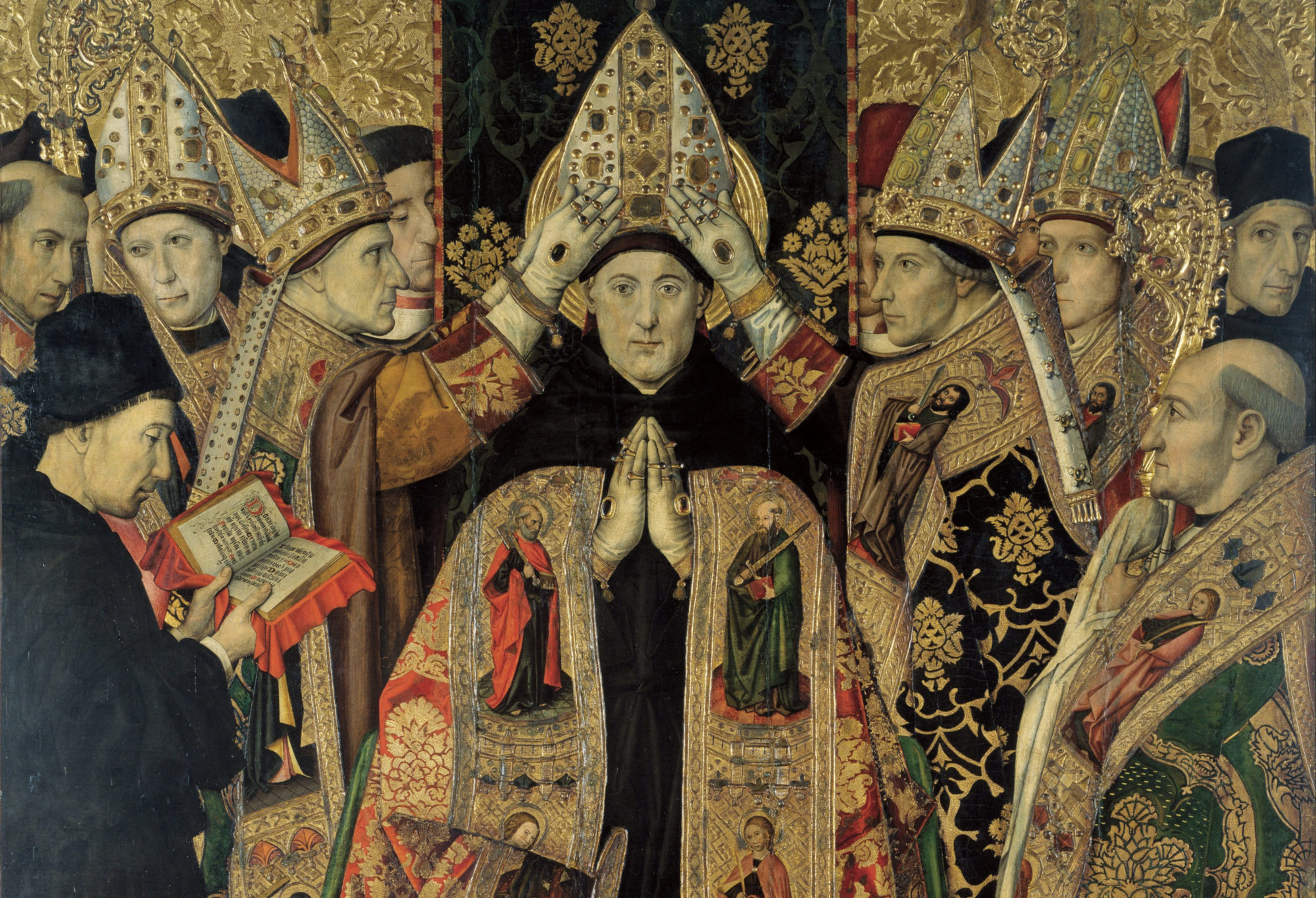
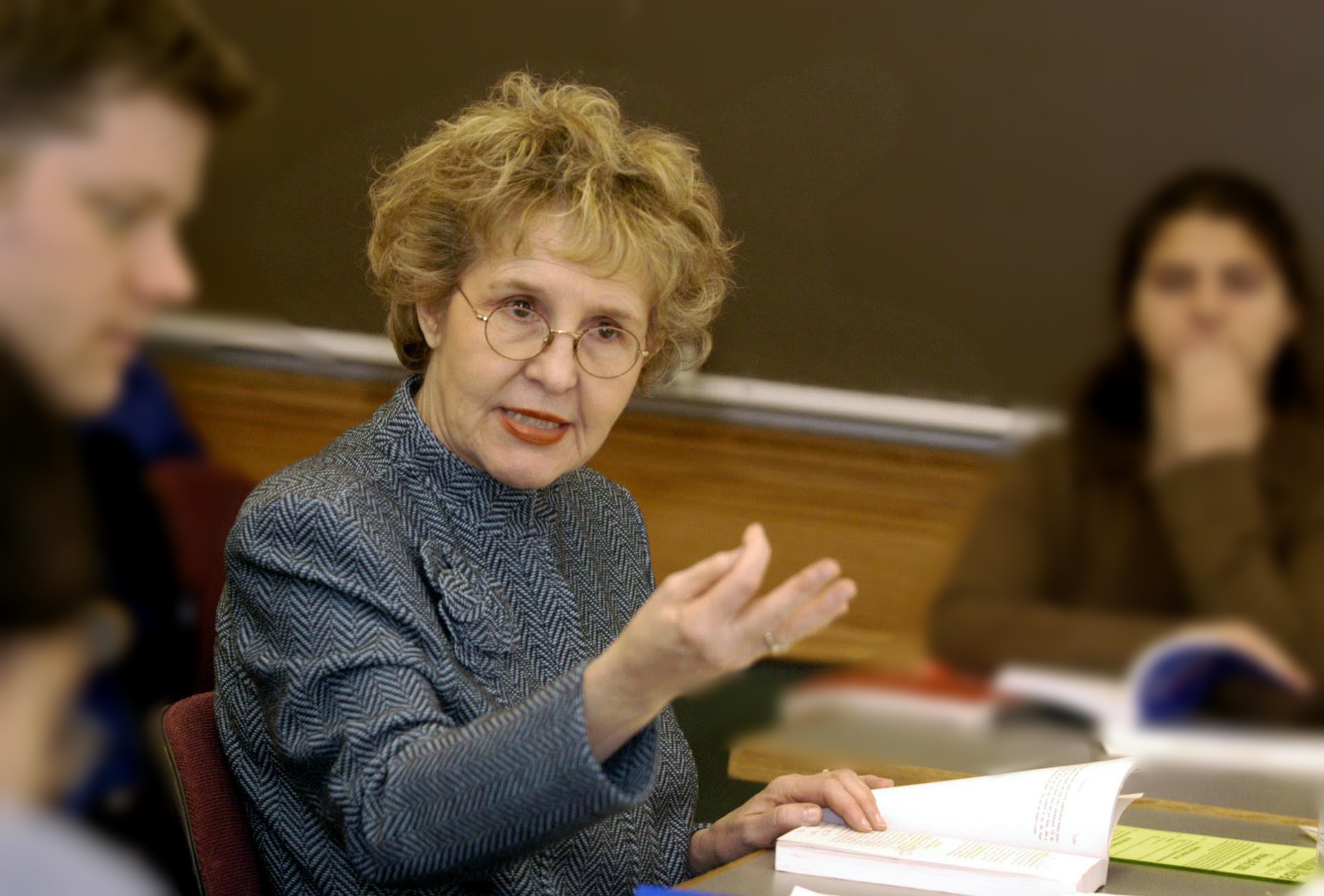
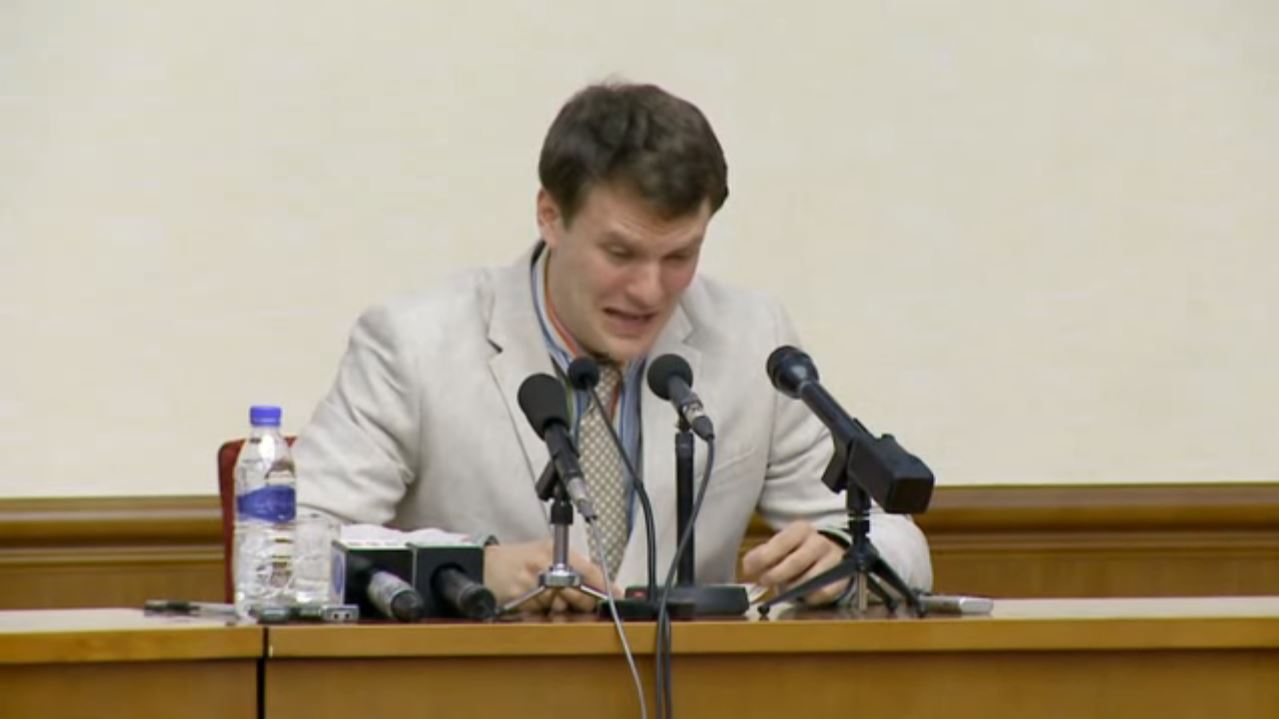
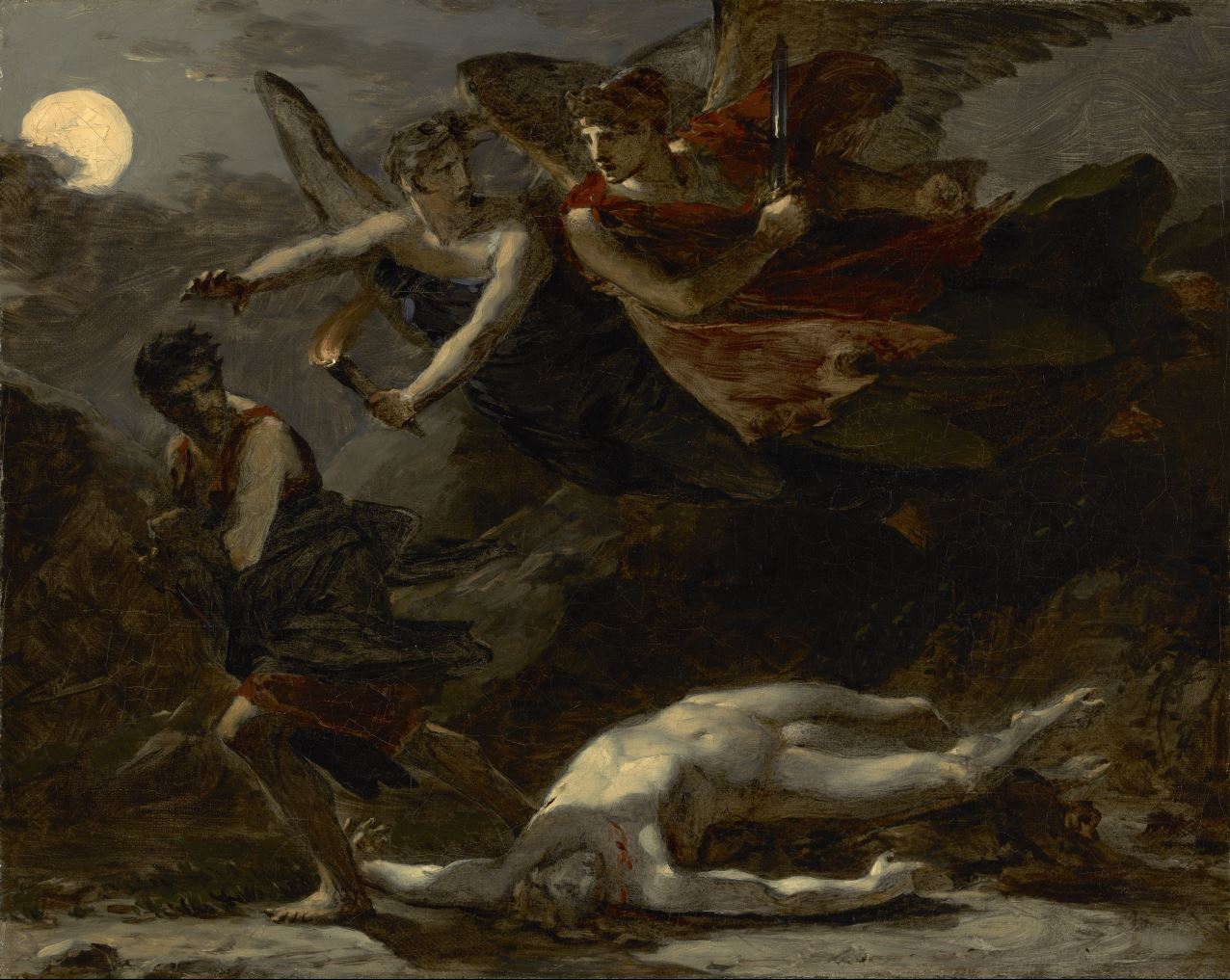
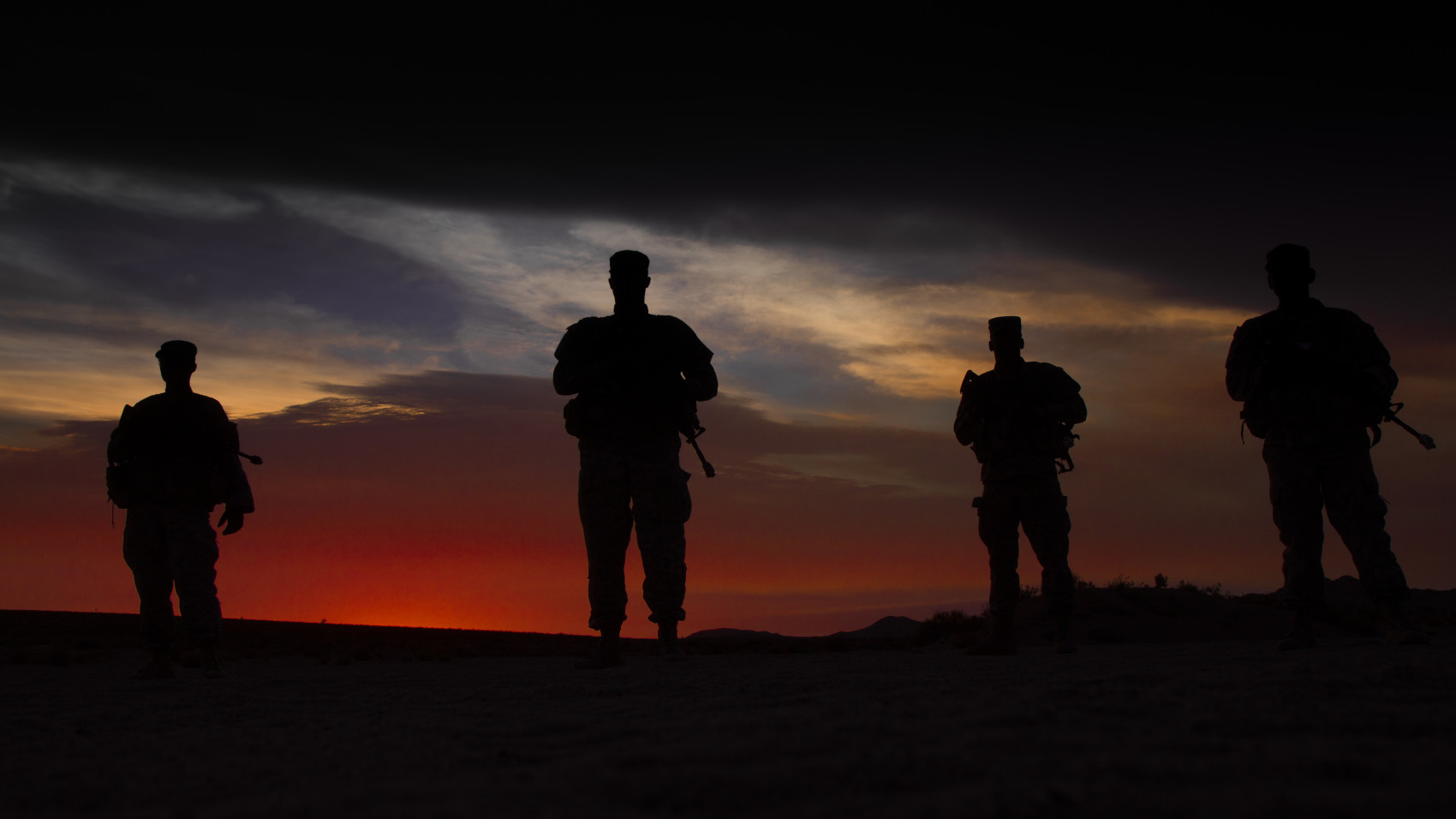

 Sponsor a student for Christianity & National Security 2024
Sponsor a student for Christianity & National Security 2024